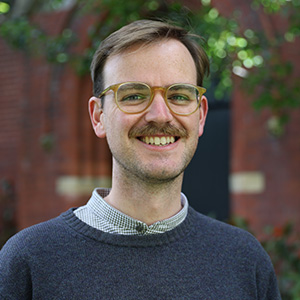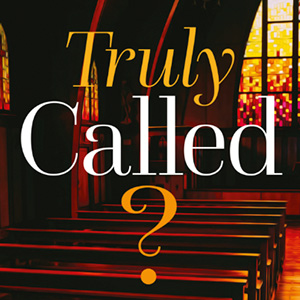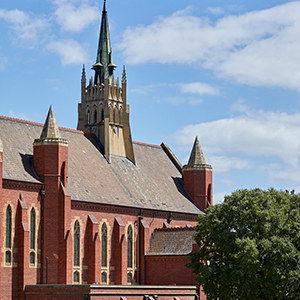

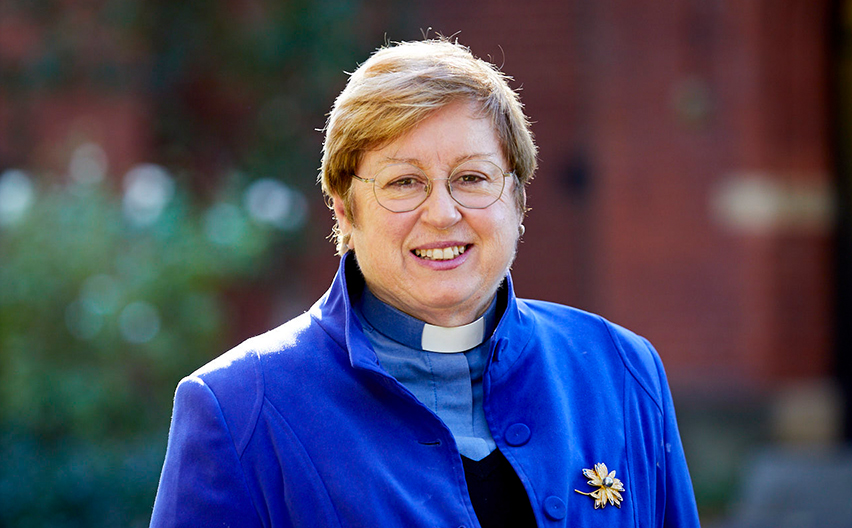
A person knows they are getting old when events they have shaped are now history. This has happened to me as a priest who is a woman.
When I was young, the idea that women could be members of the clergy and lead worship in churches was scarcely imagined. It began to be envisaged in the 1960s as women emerged from the postwar era of ‘domestic bliss’ and, equipped with education, started campaigning for the equality of women and men in the workplace, the home, and, even more radically, in religious institutions.
I returned to Australia in 1972 after living in Britain and the United States for some years and found these new ideas had barely arrived. So, with a few friends, I began to work for change in the Anglican Church by forming a political lobby group.
We held street theatre outside the gatherings of the General Synod, the national decision-making body. We wrote pamphlets and papers and Bible study guides to challenge the unquestioned assumptions about the inferior place of women, and we began to take up in the church and at work whatever leadership roles were open to us. Some of us began to study for degrees in theology. Our activism was energising and attitudes began to change, though very slowly and with much opposition.
There were few role models, but we learnt of one woman whose story had been largely forgotten – the Revd Florence Li Tim-Oi. In 1944, she was ordained a priest to minister in war-torn Macao, a neutral colony closed to Western clergy but overflowing with Chinese refugees in need of care and support.
Persecuted by the Communists for 30 years, she was eventually allowed to leave China in 1983 and lived the rest of her life in Canada, where she died in 1992. She was then recognised and celebrated throughout the worldwide Anglican Communion and is remembered every year in the church calendar.
She died just as the first women were ordained priests in Perth in March 1992, ahead of other parts of the Australian church, which did not begin such ordinations until December that year. The debates had been long and bitter, lasting from 1977 to 1992, and are not yet over in some places. Among the Perth women were some who had studied theology at Trinity College Theological School – the most prominent alumna among them being the Archbishop of Perth, Kay Goldsworthy AO.
Women can be bishops because a friend and I organised for the Appellate Tribunal, the equivalent of the church’s high court, to make a ruling on whether it was possible in Australia. Thankfully, they did so rule and another Trinity alumna, Bishop Alison Taylor, became a bishop in Brisbane. Here in Melbourne, Bishop Kate Prowd gained her theology degree at Trinity, and Bishop Genieve Blackwell studied in Sydney and Canberra before moving to Melbourne.
Trinity College began as a place of residence and learning for young men entering ministry. Today, Trinity’s Theological School has women faculty of world standing, including the Revd Canon Professor Dorothy Lee and Dr Rachelle Gilmour, a lay scholar. It has been a delight and privilege to work with them as College Chaplain.
I hope younger women remember our pioneering generation with gratitude, as I do when I recall those who worked for a woman’s right to vote.
There are still those opposed to the full equality of women because they believe God does not allow women to lead in the church, though they have usually come to accept female leaders in every other workplace.
I believe the ordination of women expands our understanding of who God is and challenges the false notion that God is male. I love my work as a priest and am deeply glad to have been part of the change, even if it does mean my generation of women are now ‘history’.
By the Revd Canon Emerita Dr Colleen O’Reilly AM
The article first appeared in issue #90 of Trinity Today.
Related News
-
News & Stories
- Our Theological School Student President's mission to champion a spiritual and welcoming environment
- Jack reaps the rewards after taking a leap of faith on Trinity College
- Trinity alum named in King's Birthday Honours 2025
- Trinity Deputy & Academic Dean appointed Fellow at Center of Theological Inquiry
- Meet Trinity's aspiring art curator Seb Moore
- Trinity College offers its congratulations to newly elected Archbishop of Melbourne, the Right Reve
- Events
- Art
- Music & Choir
- Campus Development Projects
- Visiting Scholars & Lectureships
- Accommodation for Visitors
- Short Programs
- Work at Trinity






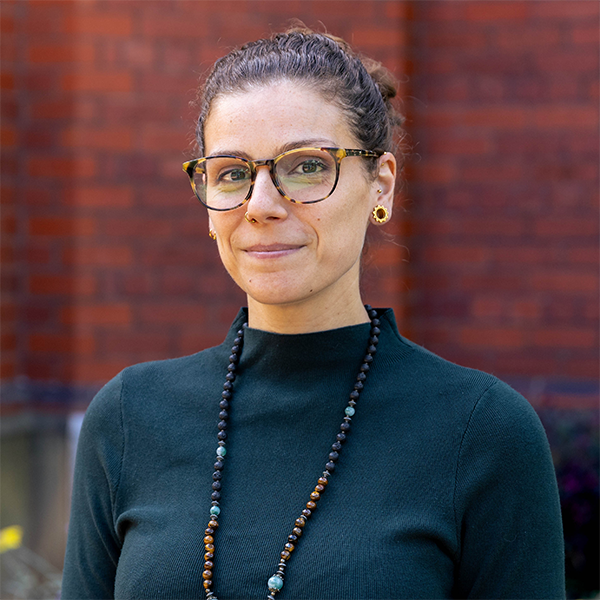
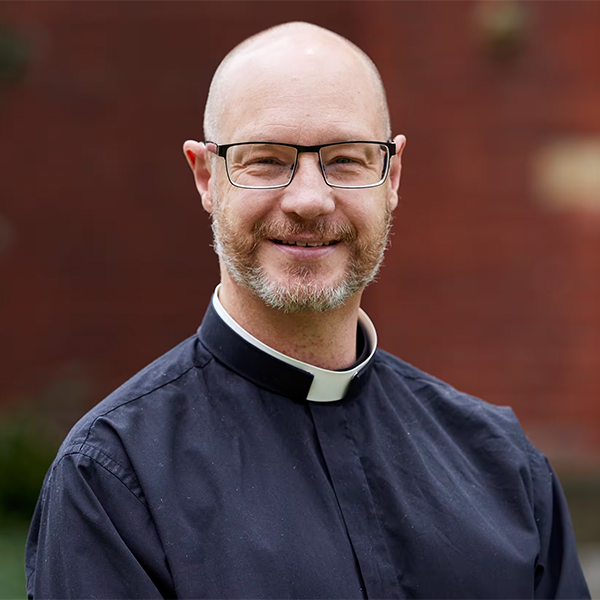
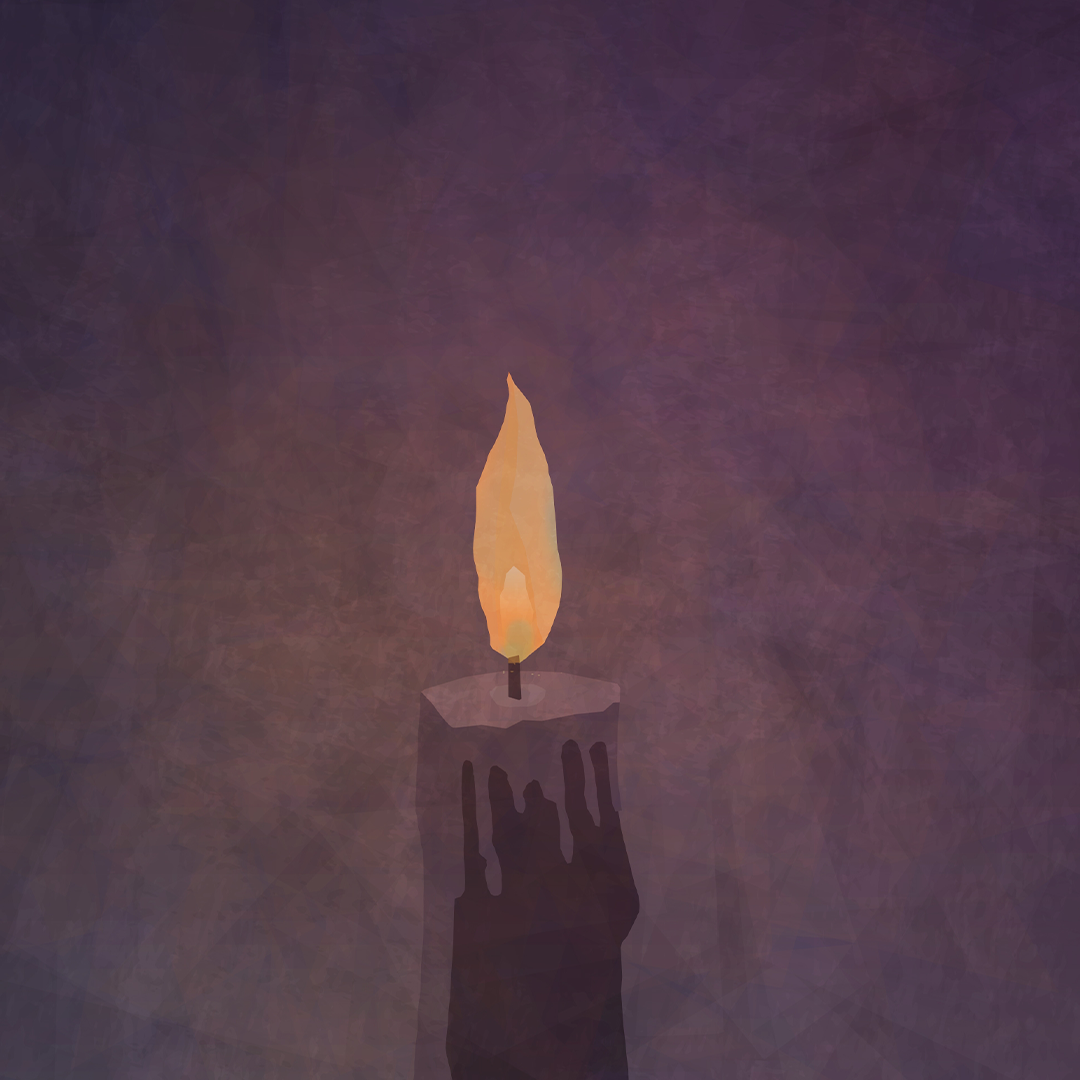
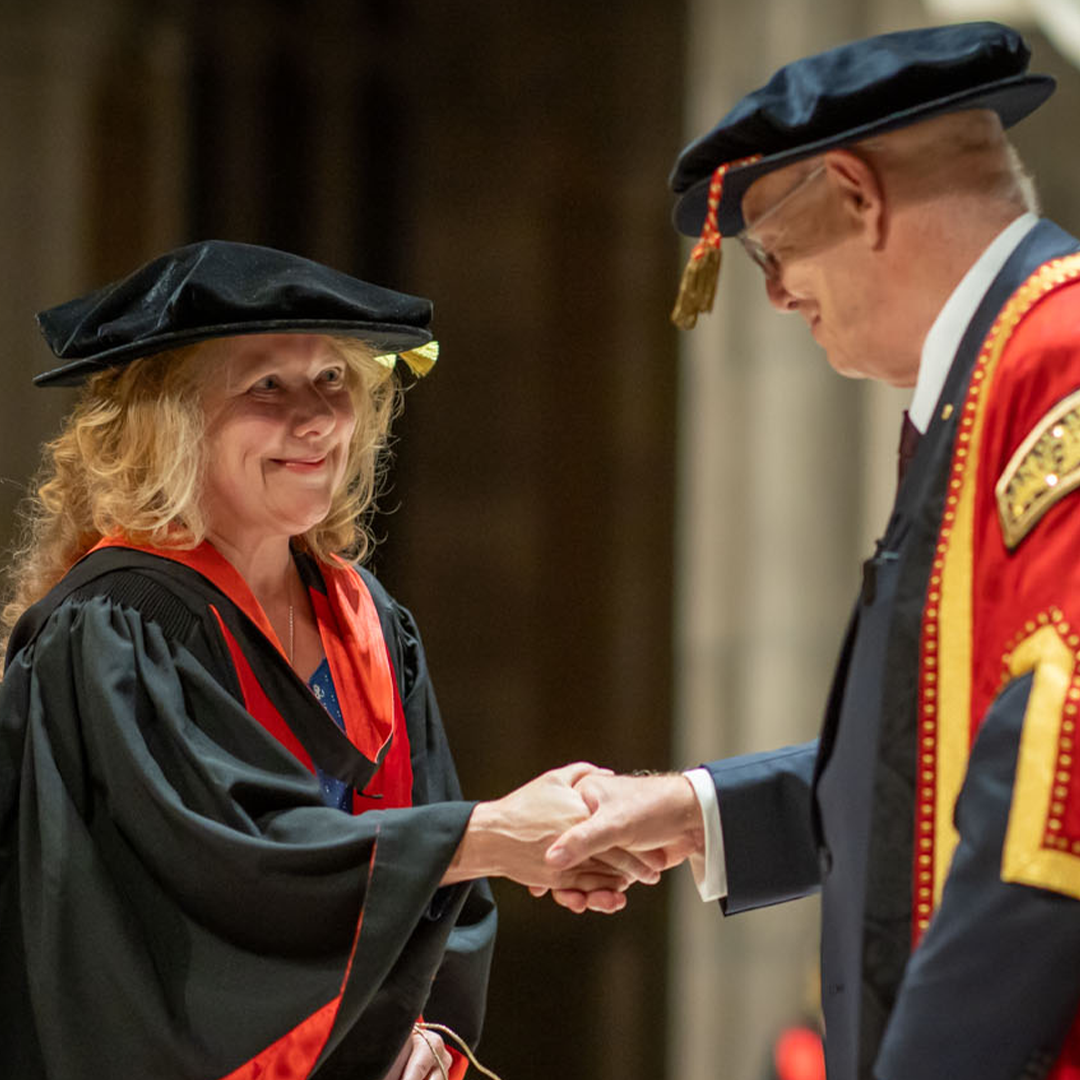

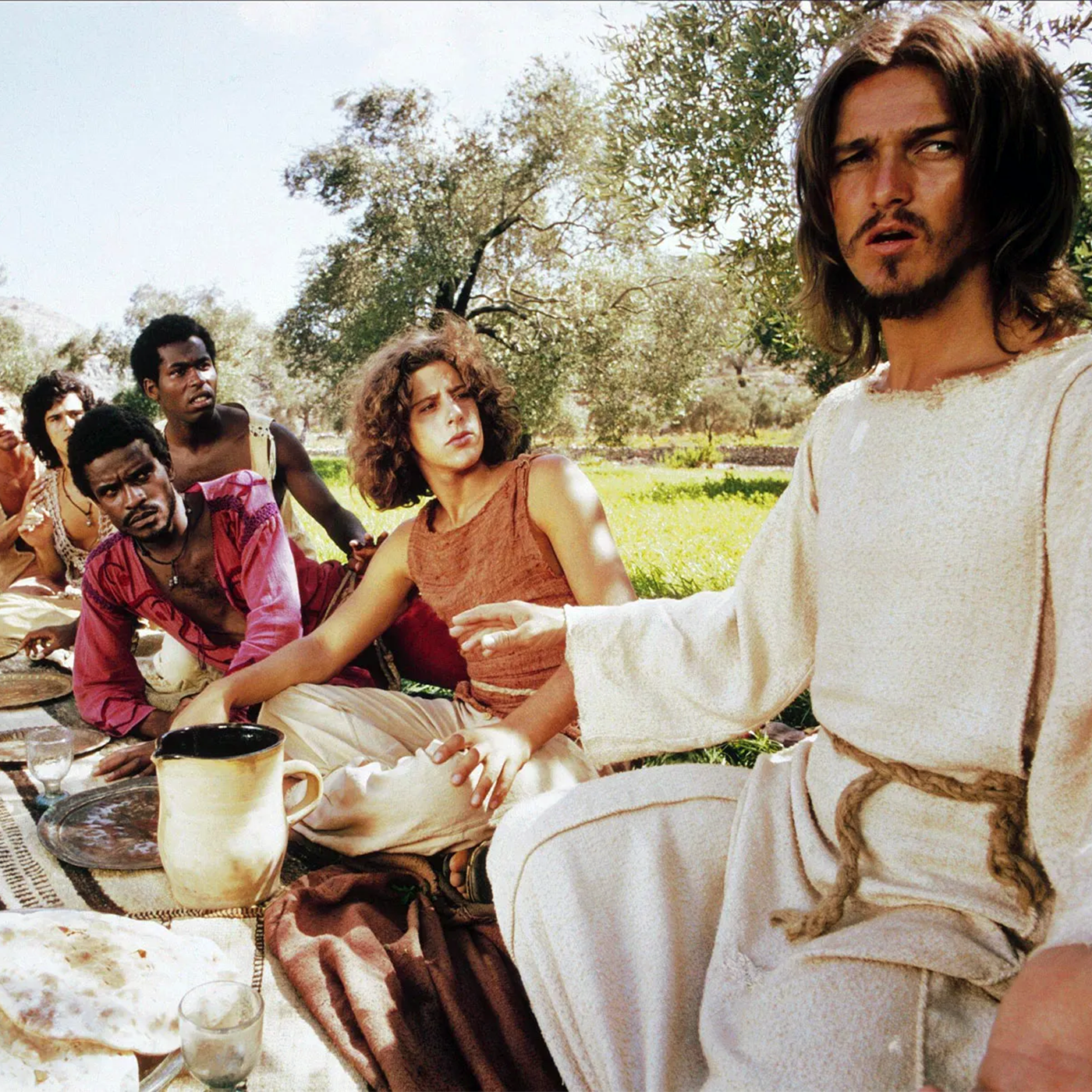

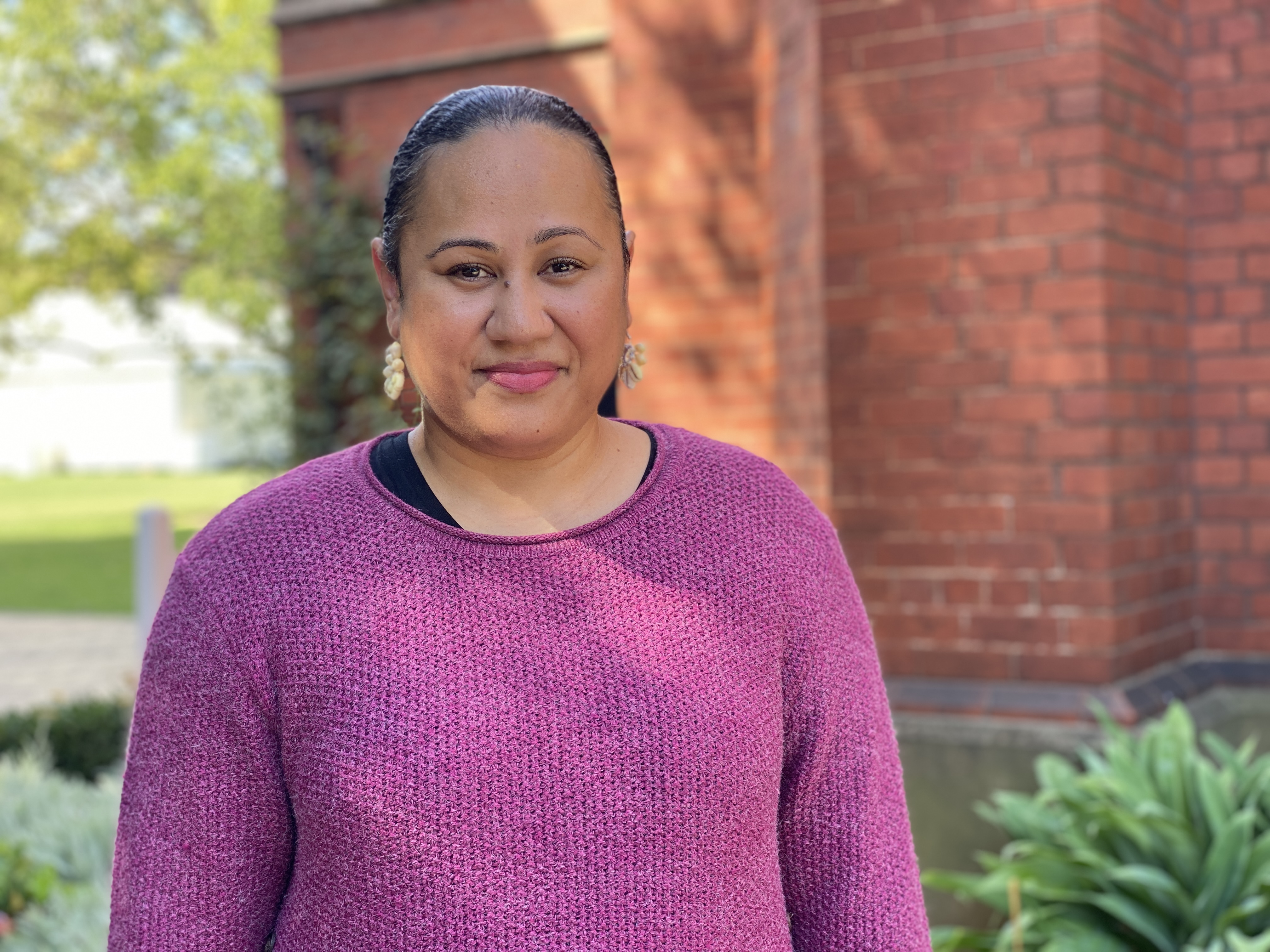
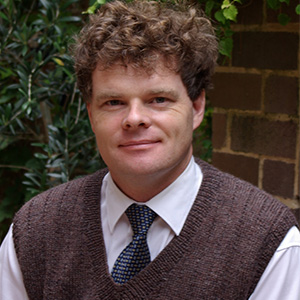

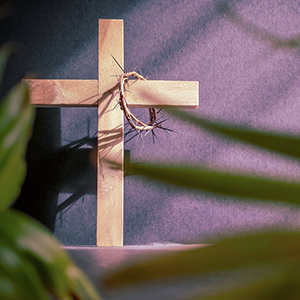
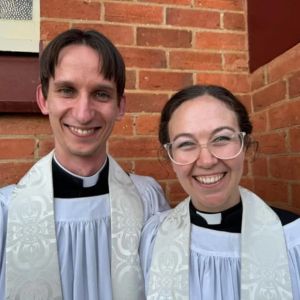.jpg?width=300&height=300&ext=.jpg)
